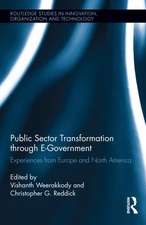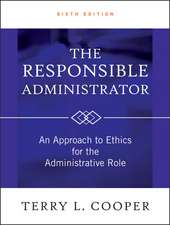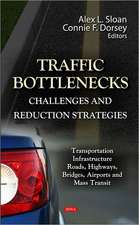Nigeria: Politics and Policies for National Development
Autor Dr Chima Imohen Limba Engleză Paperback – 2 sep 2014
Preț: 68.73 lei
Nou
Puncte Express: 103
Preț estimativ în valută:
13.15€ • 13.59$ • 10.95£
13.15€ • 13.59$ • 10.95£
Carte disponibilă
Livrare economică 04-18 martie
Preluare comenzi: 021 569.72.76
Specificații
ISBN-13: 9780985479244
ISBN-10: 0985479248
Pagini: 150
Dimensiuni: 152 x 229 x 8 mm
Greutate: 0.21 kg
Editura: Heritage Publishing Co
ISBN-10: 0985479248
Pagini: 150
Dimensiuni: 152 x 229 x 8 mm
Greutate: 0.21 kg
Editura: Heritage Publishing Co














